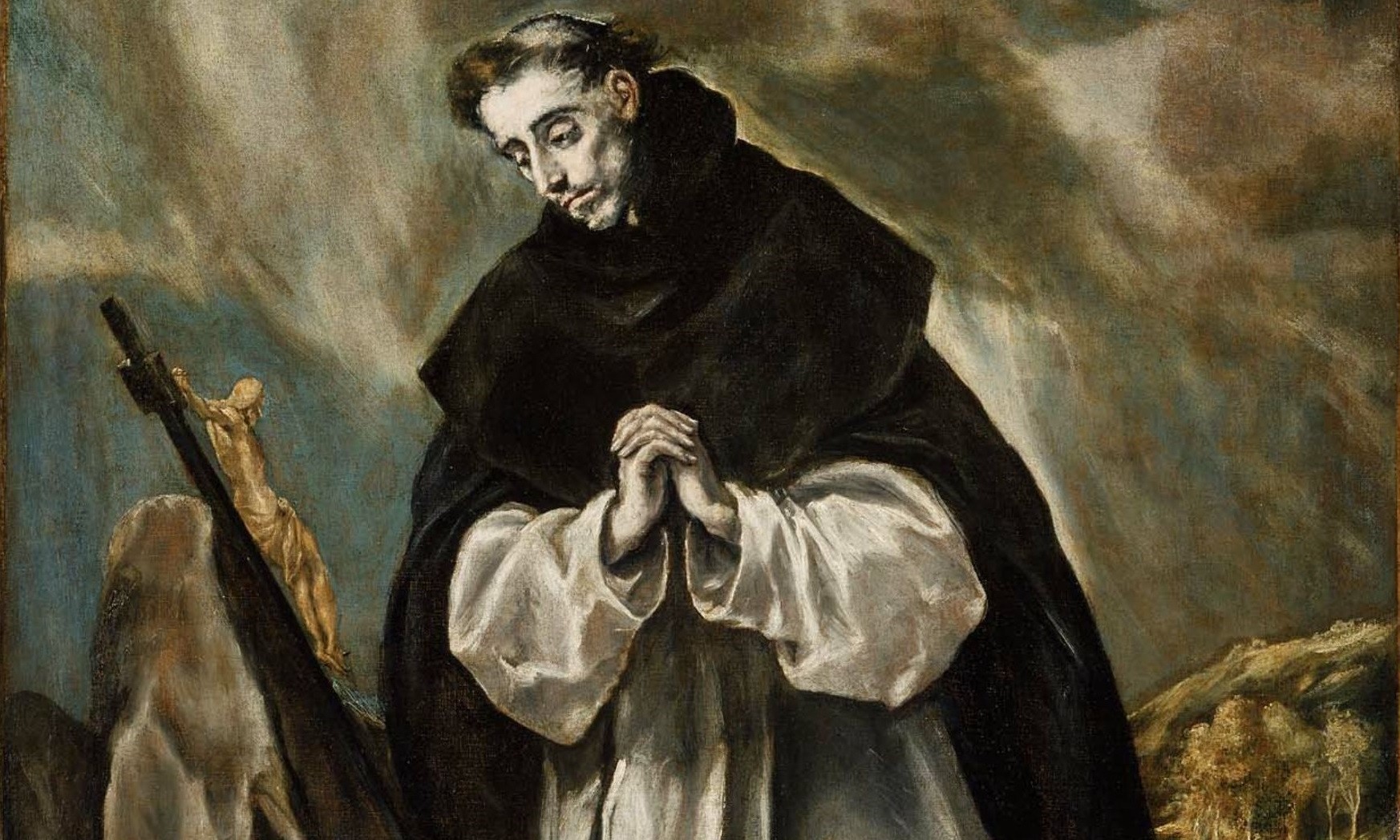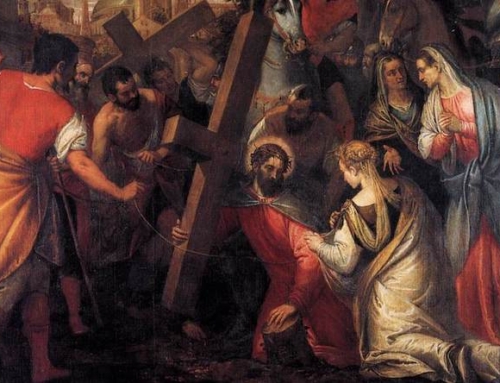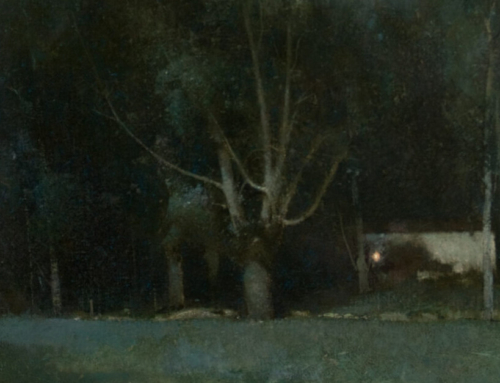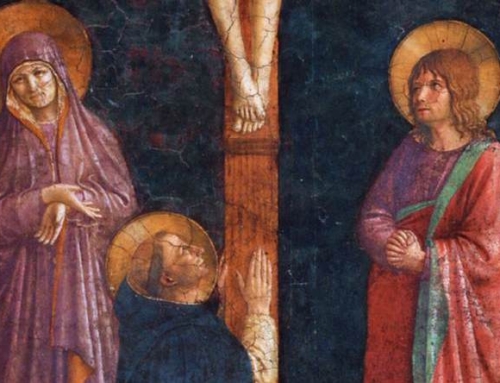2021 Summer Reading Recommendations:
The Timeless Dominic by Richard T.A. Murphy, O.P.
“Heaven doth with us as we with torches do,/Not light them for themselves; for if our virtues/Did not go forth of us, ’twere all alike/As if we had them not.” So says the Duke of Vienna to Angelo in Shakespeare’s Measure for Measure (Act 1, Scene 1, Line 35-38). God uses the virtue of the saints not only to profit them but also to use them as “lights” for those around them. All of us as human persons seek out these lights. We never forget, even after years have passed, the practical advice a brother gave us, that act of compassion from a superior, or how a role-model turned around a less-than-ideal situation. An even more tangible witness to this tendency is the pain of disillusionment that comes when, like Angelo, our lights have proved to lack the virtue we thought they had.
But even then, after we’ve seen how human—or, perhaps, how inhuman—our inspirations can be, we still find in our hearts a longing for an example. This longing isn’t suppressed by the demands of the Christian life; rather, it’s intensified. How can I possibly do this? How can I possibly follow the Lord Jesus in my own life?
It’s for just this reason—to provide us with an example—that the Dominican friar, Richard Murphy, wrote The Timeless Dominic.
What angle does Murphy take in presenting Dominic here? I would say that it’s the perspective of the now. In The Timeless Dominic, we see a man relevant in his own day, relevant in Murphy’s day, and, another fifty years later, relevant in our own day. The Dominic we see is timeless.
To showcase this relevance, Murphy uses the prayer “O Lumen Ecclesiae”—”O Light of the Church”— to form the core of the book, where each title given to Dominic in this antiphon is mediated and expounded upon. In it, we get a glimpse into Dominic as he is called upon today by his children all around the world. Moreover, Murphy’s commentary presents Dominic as a prudent, joyful, and loving friend, whose virtue never stops attracting others. For good reason too! After all, the Dominican is constantly called to walk in the footsteps of Dominic, as seen in one friar’s aspirations for formation: “to know and cherish the spirit of Saint Dominic” (LCO 214 § 1). Following his father Dominic, the Dominican contemplates truth, celebrates the divine office, and lives the common life of apostolic witnesses to the resurrection.
Still, the Lord’s grace in Saint Dominic has overflowed beyond even the foundation and formation of the Friars Preachers. The gift of Dominic’s holiness is a gift to the whole church. All the People of God are strengthened by his example and prayers. Clerics find a simple priest, tireless in his efforts to share the gospel and form others devoted to this apostolic discipleship. Religious discover a friar caught up in love of God and brother. Laypeople find a compassionate father whose plans, day in and day out, were met with unexpected difficulties and trials. In short, Saint Dominic is today what he was in his own day—a torch lit by heaven to illumine the People of God.
I wholeheartedly recommend this little book. Its simplicity makes for a pleasant introduction to Dominic’s life, yet its brevity doesn’t at all hinder its spiritual depth. In fact, despite these qualities, it’s the very complexity of Saint Dominic that the reader comes to appreciate in these pages. We find a man so devoted to study and even more so to his neighbor. We find a quiet, unassuming light, yet one that shines to every corner of the world. We see, in sum, a man deeply in love, a man who wants to share this love with the whole world.
“O Light of the Church, Doctor of Truth, Rose of Patience, Ivory of Chastity, you freely poured forth the waters of wisdom. Preacher of Grace, join us to the blessed.”
✠
Image: San Domingo en oración (Wikimedia Commons)







